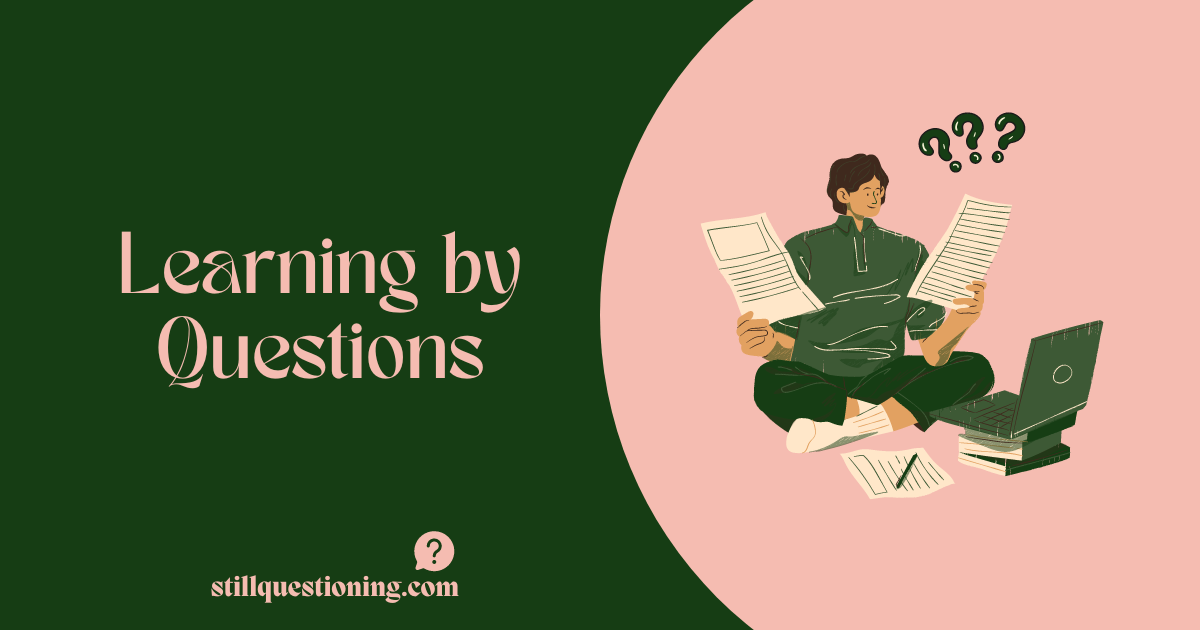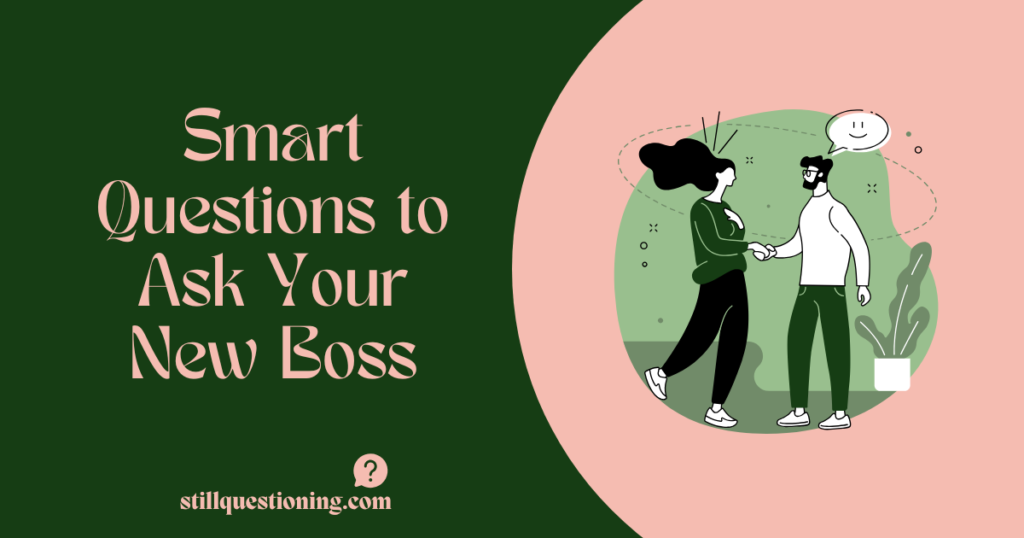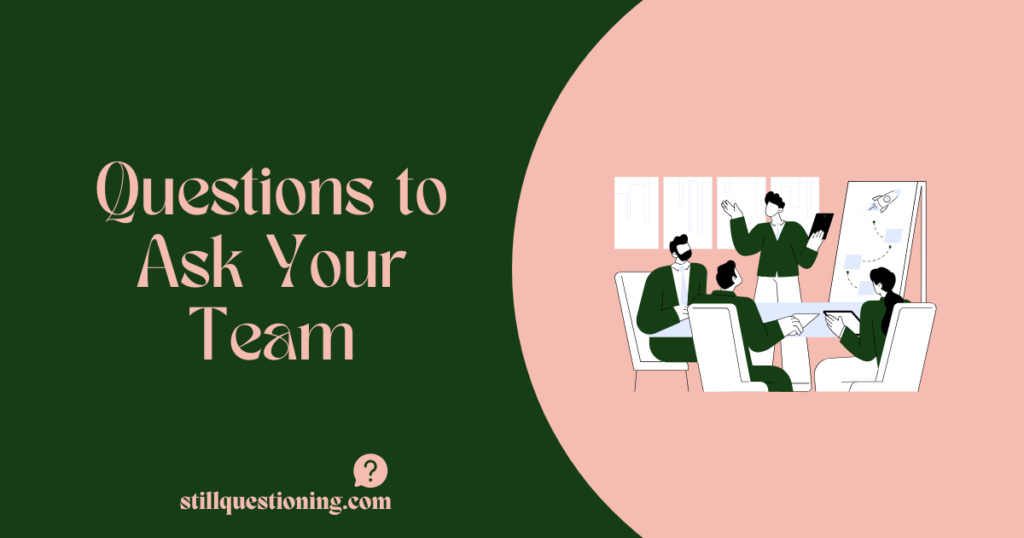Learning by questions isn’t just a method; it’s an adventure, a sort of intellectual Indiana Jones expedition, minus the snakes and lost arks.
Table of Contents
Why Ask Questions?
The Curiosity Catalyst
Remember when you were a kid, and every sentence started with “Why?”. Well, turns out you were onto something! Asking questions is like opening a door in a dark room – suddenly, there’s light, and oh, look, there’s the knowledge you were searching for, probably munching on cookies. Questions ignite curiosity, and curiosity is the fuel for learning. It’s the difference between reading a textbook because you have to and tearing through a mystery novel to find out what it is.
Engaging the Brain
When we ask questions, our brains do this amazing gymnastics routine, flipping from passive reception to active engagement. It’s like going from watching TV in your pyjamas to participating in a quiz show – same couch, but totally different experience. Asking questions makes your brain put on its detective hat and start connecting the dots.
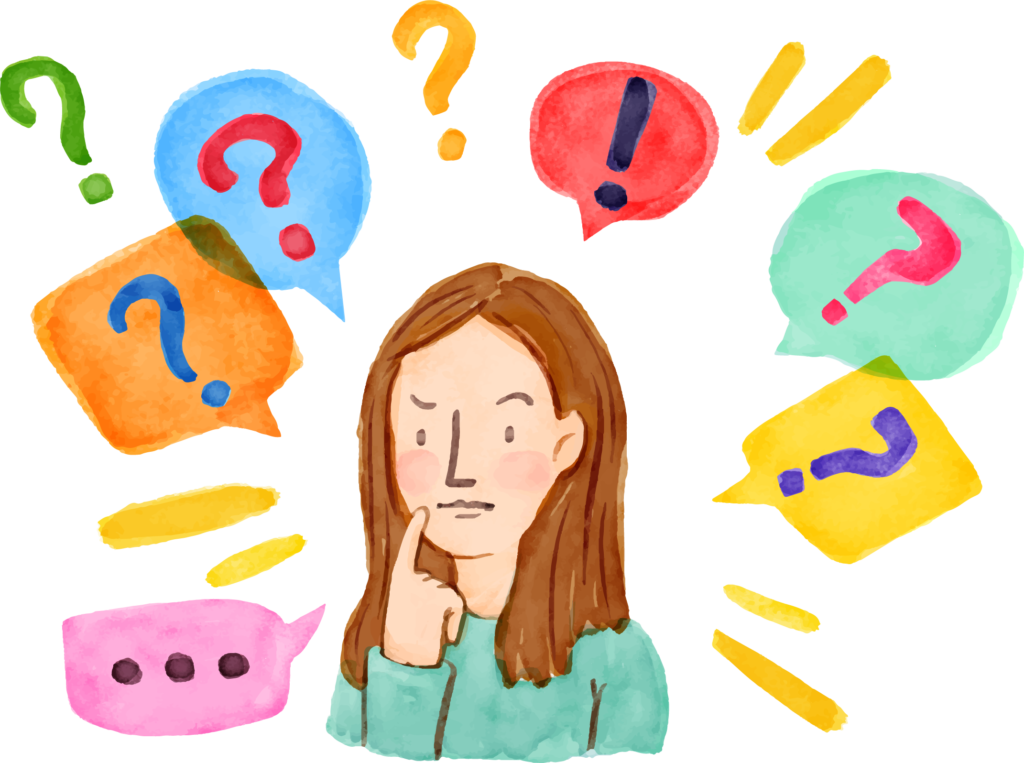
Types of Questions – Learning by Questions
Open-Ended vs Closed-Ended
Not all questions are created equal. Closed-ended questions are like fast food – quick, to the point, but not always satisfying. “Did Napoleon win at Waterloo?” Spoiler: No. But open-ended questions? Ah, they’re the buffet. “Why did Napoleon lose at Waterloo?” Now, that’s a question that lets you feast on the details!
Reflective Questions
Then there are reflective questions, the kind that make you go, “Hmm.” They’re like looking in a mirror, but instead of checking your hair, you’re examining your thoughts. “How did my perspective on Napoleon change after learning about Waterloo?” Reflective questions help you understand not just the subject but also yourself.
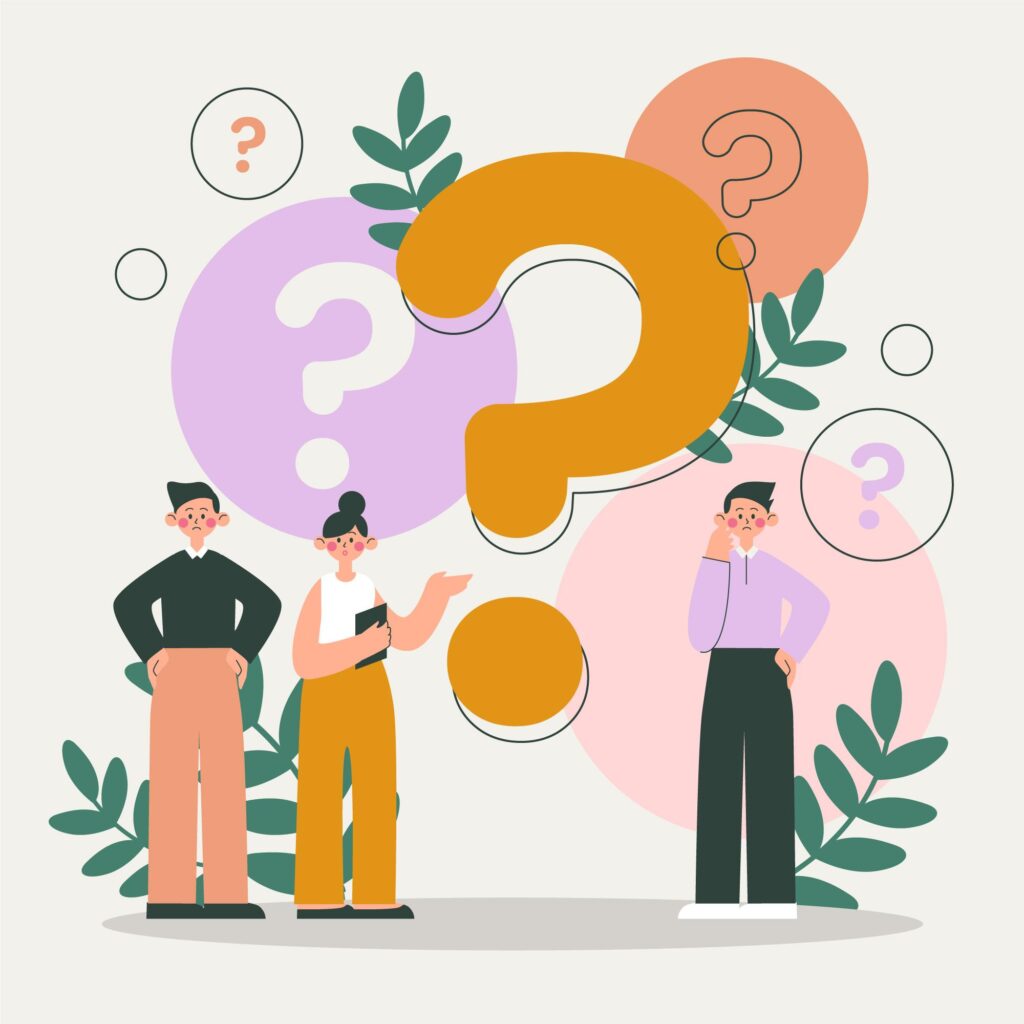
Learning by Questions in Action
In the Classroom
Let’s take a trip to a classroom where learning by questions is the main course. Here, the teacher isn’t just a fountain of knowledge; they’re more like a guide on this quest for understanding. They don’t just pour information into students’ heads; they inspire them to ask, “What’s in this information for me?”
Group Discussions
Imagine a classroom buzzing with questions, like a beehive of curiosity. Students throw questions around, challenging and inspiring each other. It’s not just learning; it’s a brainstorming bash where ideas dance around and understanding grows.
In Everyday Life
Now, let’s step out of the classroom. Learning by questions isn’t confined to those four walls. Life’s a constant lesson, and every moment is a chance to ask, “Why?” or “How?” See that bird? Why does it sing in the morning? Congratulations, you’re now learning ornithology!
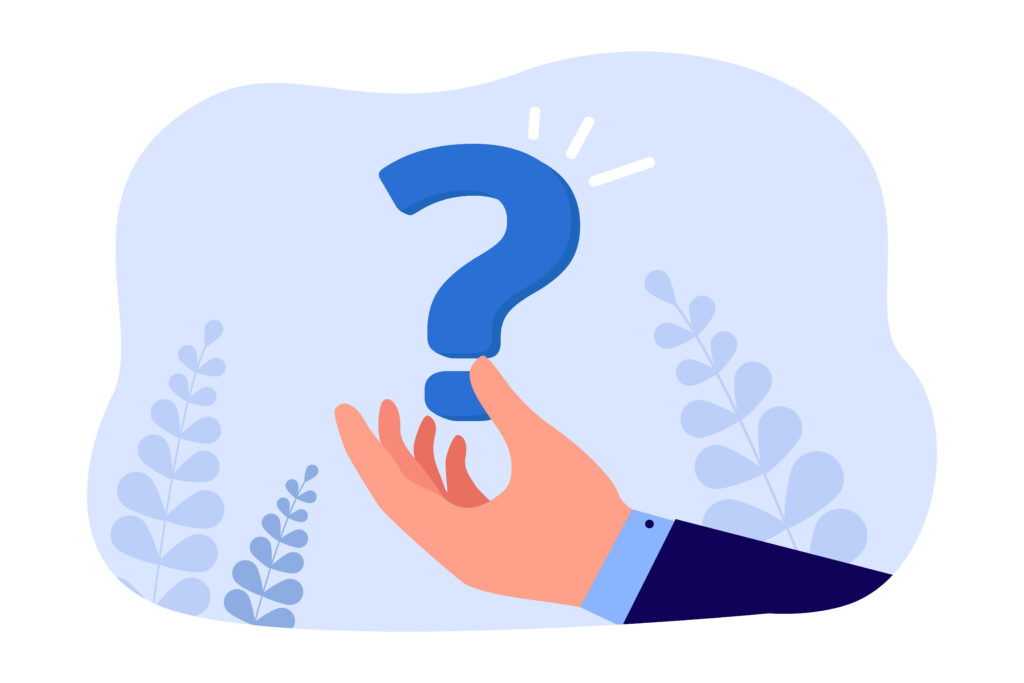
Incorporating Learning by Questions into Your Life
Be Inquisitive
First rule: Be inquisitive. Don’t worry about being that annoying kid who asked too many questions. Curiosity is a sign of intelligence, not a nuisance. Ask questions about everything. Yes, even that.
Listen and Reflect
When you ask, also be ready to listen. And I mean really listen, not just wait for your turn to speak. Reflect on the answers, chew on them, and digest them. It’s a two-way street, and you’re both the pedestrian and the driver.
Keep a Question Journal
Here’s a fun tip: Keep a question journal. It’s like a diary, but instead of confessions, it’s full of questions. Write down every question that pops into your head. It’s not just a record; it’s a map of your intellectual journey.
You May Also Like:
- Questioning Techniques
- Open and Closed Questions
- 5+ Key Benefits of Learning by Questions
- Questioning Techniques for Teachers
- Questions for Higher-Order Thinking
- What Is a Double-Barreled Question?
- Example Of A Rhetorical Question
- What Are Probing Questions?
The Challenges and Rewards – Learning by Questions
It’s Not Always Easy – But It’s Worth It
Sure, learning by asking questions isn’t always easy. Sometimes, you ask a question, and the answer leads to ten more questions. It’s like going down a rabbit hole, but instead of finding Wonderland, you find more rabbit holes. But that’s the beauty of it. The more questions you ask, the more you learn, and the richer your understanding becomes.
The Joy of Discovery
The real reward of learning by asking questions? It’s the joy of discovery. It’s that “Eureka!” moment when everything clicks. It’s finding the hidden treasure of knowledge, one question at a time.
FAQs About Learning by Questions
How can I start using learning by questions in a classroom?
Encourage students to ask their own questions and facilitate group discussions. Shift your role from a lecturer to a guide who helps students explore concepts through inquiry.
Is this method suitable for learners of all ages?
Yes, it’s effective for all ages. Tailor the complexity of the questions to match the learners’ age and understanding level.
What’s an example of a reflective question?
“How has my understanding of climate change evolved after studying its impacts?” This encourages learners to think about their learning process and perception changes.
What if I don’t get an answer to my question?
Use unanswered questions as a springboard for further research and exploration. They often lead to new, more profound inquiries.
How can I keep track of my questions and answers?
Keeping a question journal is great. For a more interactive approach, try creating a word cloud with your questions and answers using tools like AhaSlides.
Can this method be used for self-study?
Absolutely, it’s effective for both self-study and group learning. The key is maintaining an inquisitive mindset in any learning environment.
Conclusion
Learning by questions isn’t just a method; it’s a mindset. It’s about embracing your inner child’s curiosity, your inner detective’s inquisitiveness, and your inner philosopher’s reflectiveness. It’s a journey, a challenge, and an adventure. Go ahead, ask away – the world is full of answers just waiting to be discovered.
Remember, every great conversation starts with a question. So, still questioning and staying curious!

